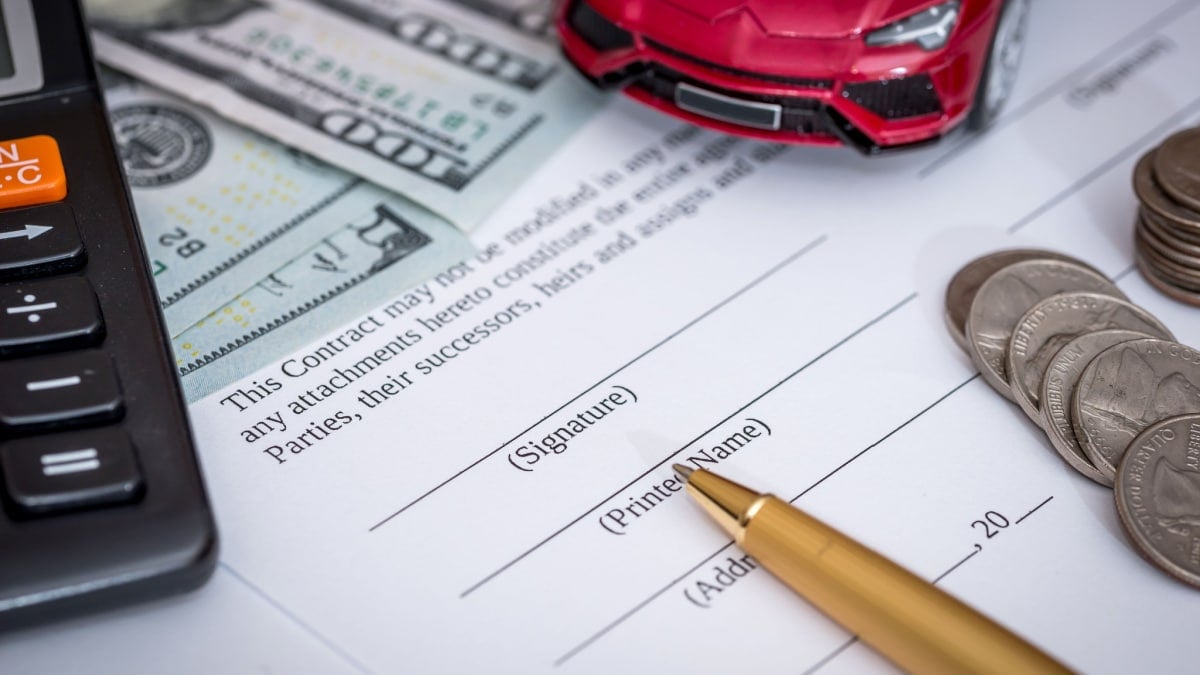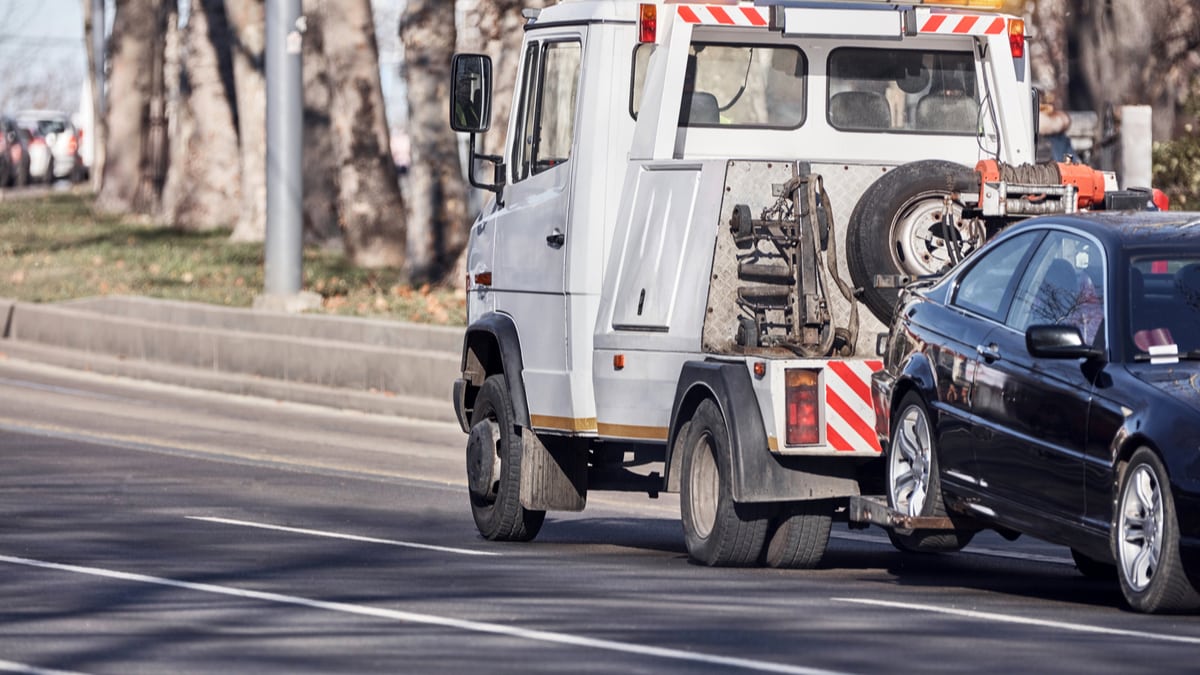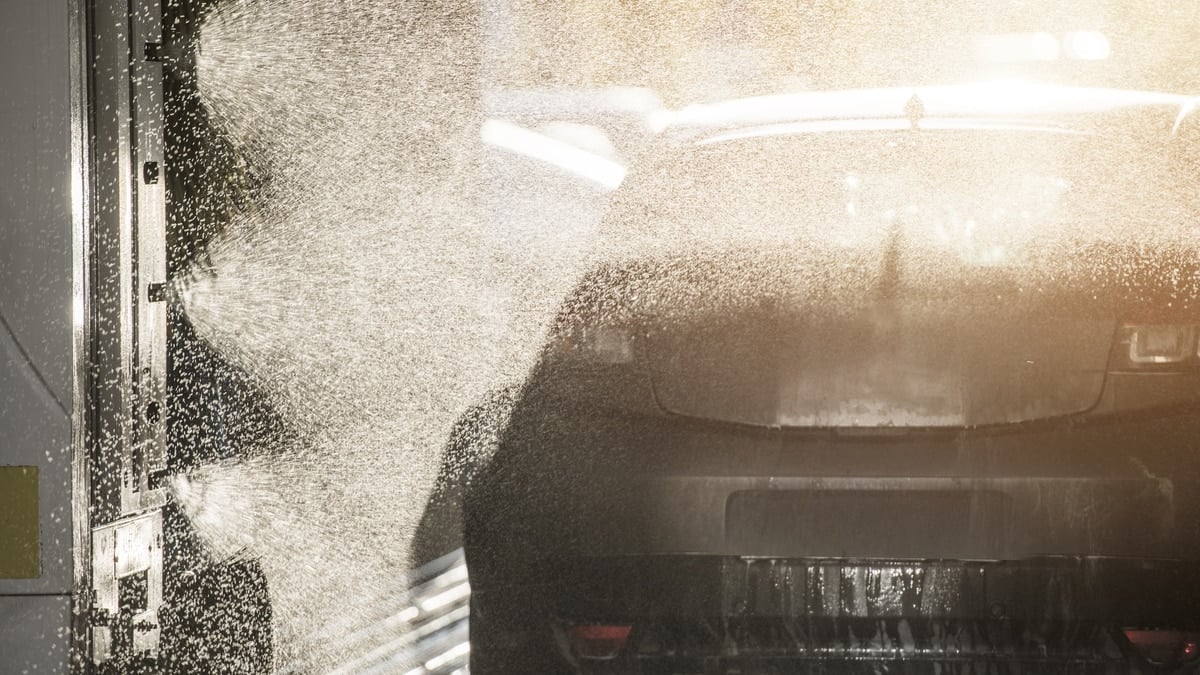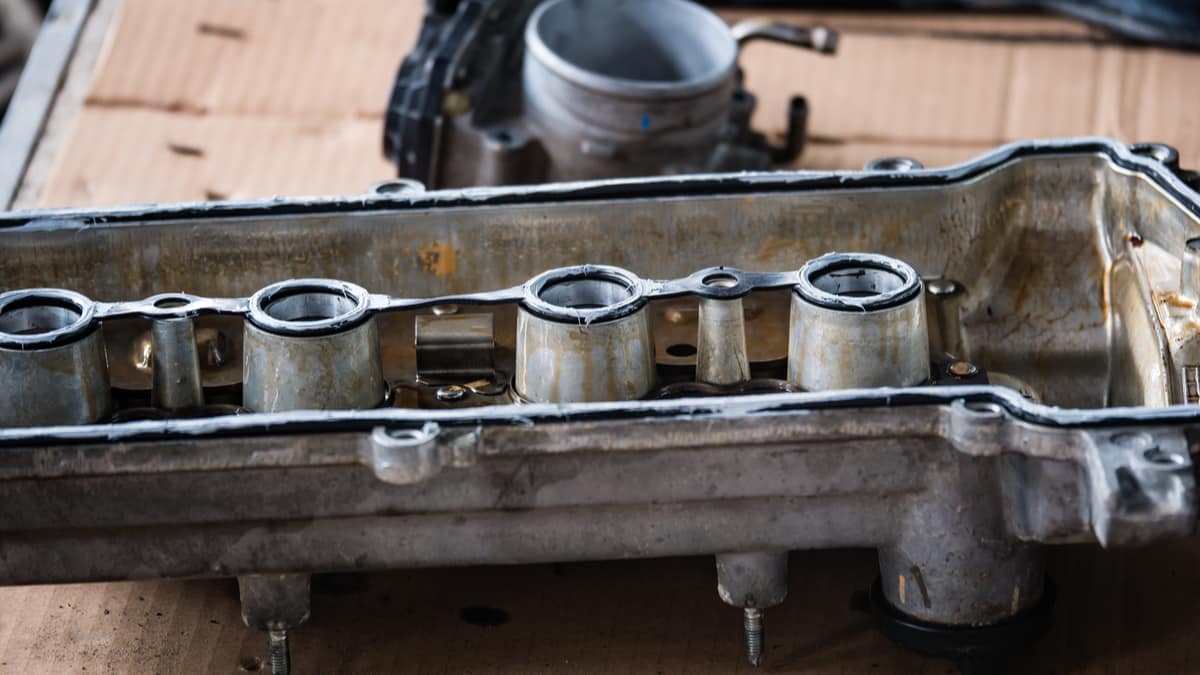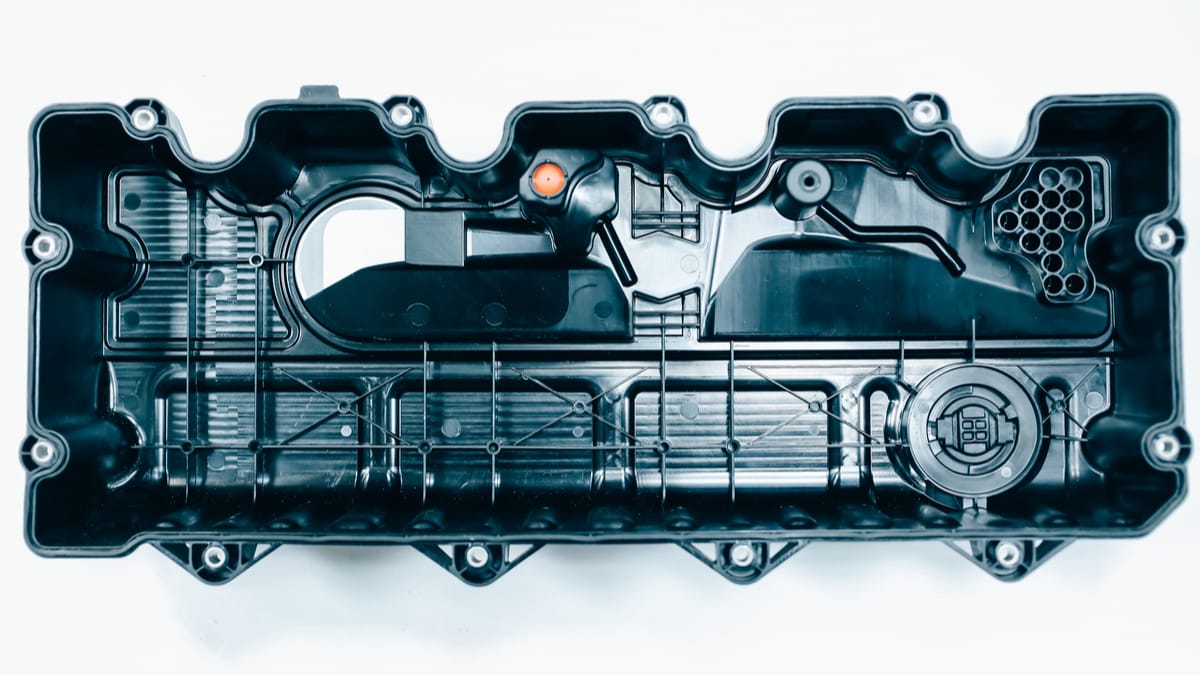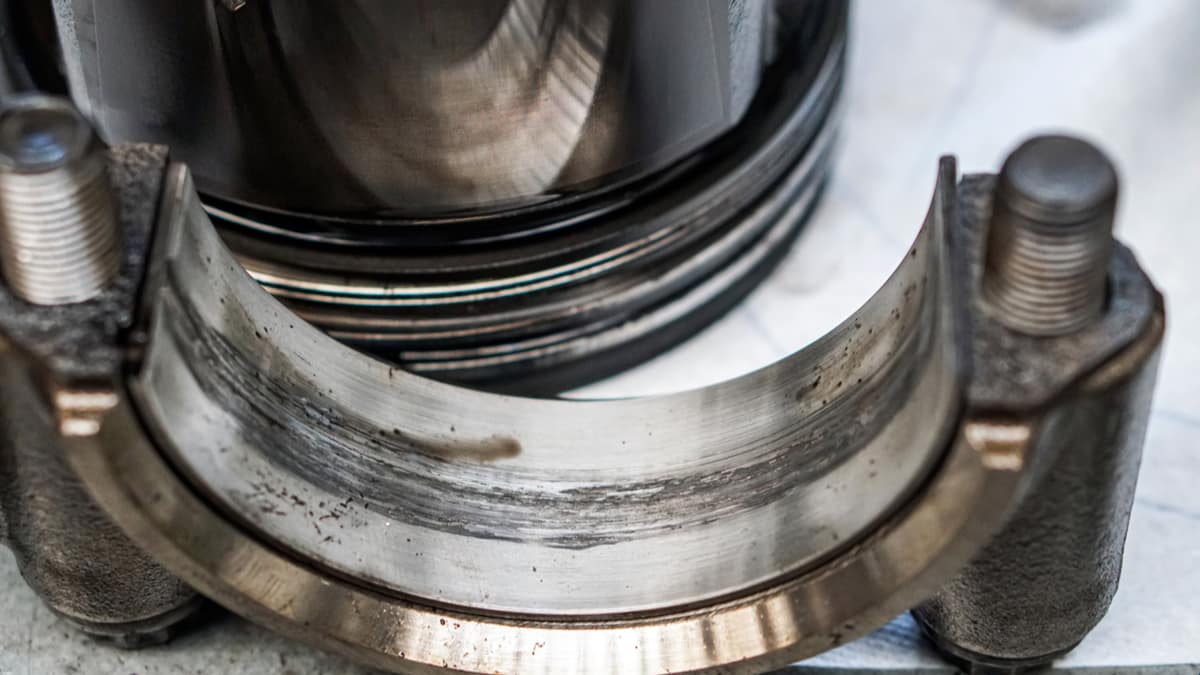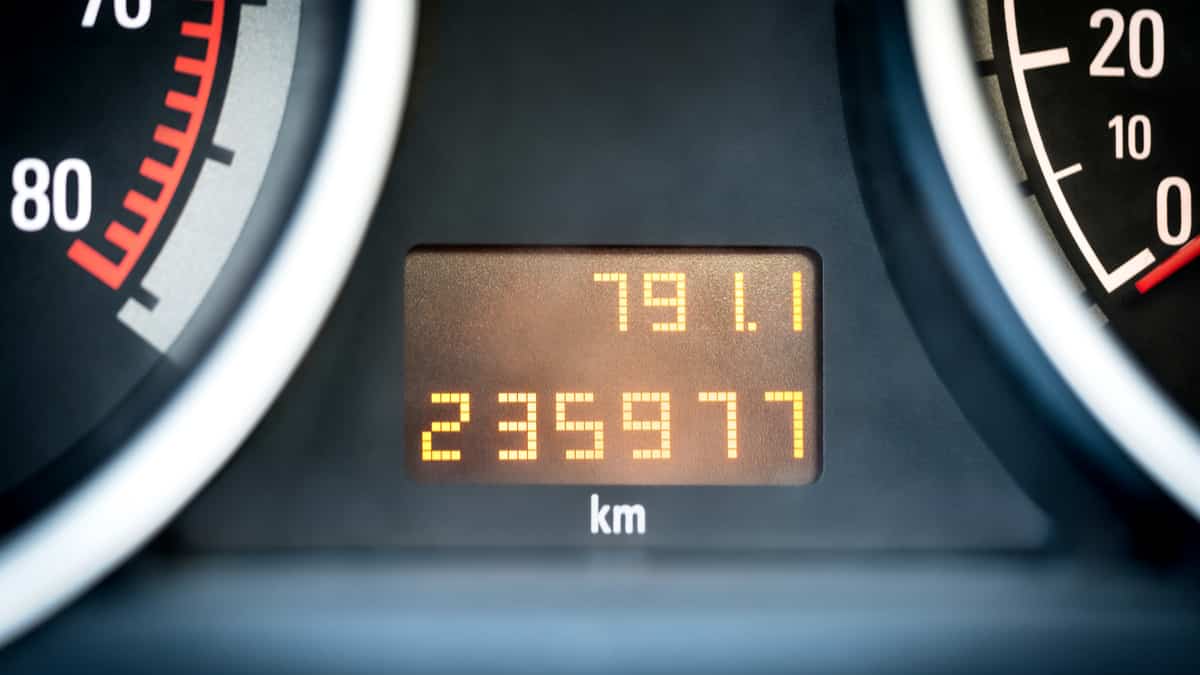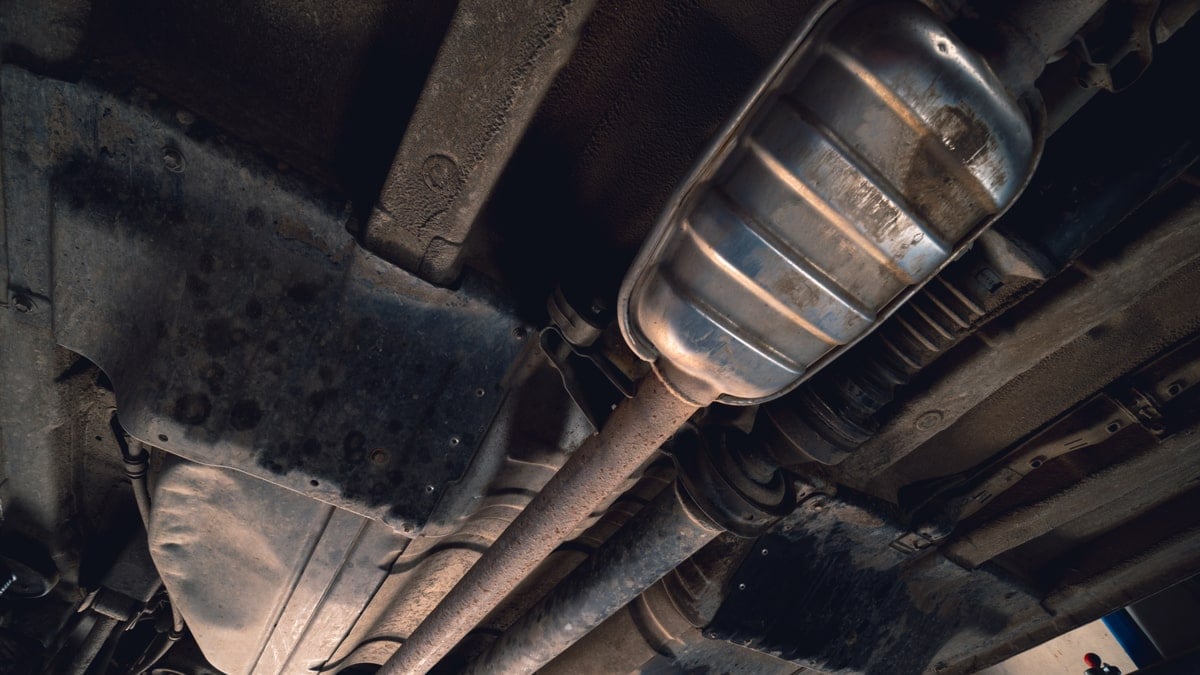The powertrain warranty is one of the most basic protection plans available for new and used cars. With so many different warranties involved, you want to understand what this plan covers and whether it’s right for you.
In this guide, we cover the basics of the powertrain warranty. We show you what’s normally covered and what’s not. Additionally, we talk about the term limits of most warranties, show you the difference between this protection and the bumper-to-bumper warranty, plus discuss whether you need to pay for this coverage.
What is a Powertrain Warranty?
The powertrain warranty is basic protection that’s offered with all new cars. It can also be found with many Certified Pre-Owned vehicles or can be purchased to add on to a used vehicle. This protection covers the main mechanical components of the car but doesn’t cover as much as a bumper-to-bumper plan.
With powertrain protection, you don’t have to worry about major mechanical failure of the engine, transmission and other vital equipment. While this protection tends to last longer than most bumper-to-bumper plans, it doesn’t cover as many parts.
Once the powertrain warranty ends from the manufacturer, you can still get this protection on your vehicle. Contact the dealer about an extended warranty or reach out to a third-party company to see what your options are.
What is Covered by a Powertrain Warranty?
Many are covered by a powertrain warranty, and here are the most common things. However, these things may differ depending on your warranty, so it’s best to read the agreement carefully before signing the contract to be sure what is and isn’t covered.
1. Engine
The engine is otherwise known as the motor of a vehicle. It’s the part that converts gasoline and air into the energy that moves your vehicle.
To replace an engine on your own, you would be looking at a lot of money. Not only could it cost $4,000 or more to replace an engine, but basic engine repairs can also be pricey. If your car isn’t worth a lot of money, a dead engine could be the reason you decide to buy another vehicle.
2. Transmission
The transmission is responsible for changing gears so the vehicle can move. It can be an automatic transmission that does the work for the driver or a manual, requiring that the operator change the gears when it’s time.
The transmission is another expensive part to repair or replace and it typically requires the help of a specialized mechanic. You could easily spend $2,000 to $8,000 on a new transmission.
3. Transfer Case
The transfer case is included with four-wheel and all-wheel drive vehicles. It’s responsible for directing power to the appropriate axles.
There are times when the transfer case can be repaired. Otherwise, a replacement could cost you $2,000 or more.
4. Drive Shafts
The drive shaft is otherwise called the prop shaft or propeller shaft. It’s designed to deliver torque from the car’s transmission to the differential.
A car can contain one or two drive shafts, depending on the configuration. Replacement of a drive shaft is normally $1,500 or less.
5. Differentials
The differentials are made up of several gears. These gears help to transmit the power created by the engine to the wheels while still allowing them to turn at varying speeds.
Cars can contain one to three differentials, depending on the configuration. Repairs usually cost $500 or less, while a replacement could be $1,000 to $2,000.
6. Axles
The car axle is a shaft or rod that is responsible for rotating the wheels. It also supports the weight of the vehicle.
The majority of cars have two axles. You should be able to have an axle replaced for less than $1,000.
RELATED: What Are Vehicle Service Contracts and Do You Need One?
What’s Not Covered by a Powertrain Warranty?
The powertrain warranty does usually not cover any parts that are not part of the powertrain. But there are also some exceptions even with the powertrain, and here they are:
1. Engine Exclusions
The engine of the vehicle is covered under the powertrain warranty, but there are always going to be some exclusions. Often, sensors, wiring and connectors are not covered.
Additionally, the fuel system is also not normally included in the powertrain warranty. Any hoses running to the radiator as part of the cooling system also won’t be covered.
2. Transmission Exclusions
While the transmission itself is protected, you have several parts that won’t be covered in a claim. You won’t probably get paid for defects to the cooling lines or hoses.
Any sensors, wiring or connectors also aren’t covered. The clutch and pressure plate aren’t considered part of the transmission, plus there’s no protection for the transmission control module.
3. Transfer Case Exclusions
When it comes to the transfer case, you see many of the same exclusions. Again, the cooling lines and hoses aren’t covered.
Any sensors, wiring or connectors also aren’t protected either. Finally, if something happens to the transfer case control module, you probably won’t get it covered under this warranty.
4. Drive System Exclusions
You wouldn’t think that there could be other parts not covered related to the drive system, but there are. Wheel and hub bearings aren’t protected.
The sensors, wiring and connectors also won’t be covered. In addition, you will be on your own with the drive system control module.
5. Miscellaneous Exclusions
Powertrain warranties don’t cover any collision or accident. If you fail to maintain the car or you misuse it, the warranty claim can also be denied.
Using contaminated fuel can void the warranty as well. Plus, using aftermarket parts that cause damage will result in your claim being denied.
How Long Does a Powertrain Warranty Last?
Every manufacturer has a different term for its powertrain warranty. In general, you can expect to get at least five years or 60,000 miles of protection on a new car. This term is based on whichever milestone is hit first.
However, there are some companies that offer a longer powertrain warranty. Mitsubishi, Hyundai, Genesis and Kia all offer ten years or 100,000 miles on the powertrain warranty. Aside from this, many Certified Pre-Owned vehicles also come with a short powertrain warranty for added protection.
RELATED: Extended Car Warranty: Is It Worth It?
Bumper-to-Bumper vs. Powertrain Warranty
Among the top two warranties talked about, you have the powertrain and bumper-to-bumper warranty. Both come standard with a new or Certified Pre-Owned Car. Plus, they can both be added to a used car through the dealership or third-party company. So, what makes the two of these protection plans different?
The powertrain warranty almost always lasts longer than the bumper-to-bumper coverage. However, it doesn’t protect as many parts. Instead, it’s mainly meant to protect the main driving components of the vehicle.
With a bumper-to-bumper warranty, you receive more comprehensive coverage. These plans don’t last as long and aren’t as inclusive as one might think. For example, it won’t cover the bumpers. It also doesn’t cover wear and tear items or any items that usually need to be replaced, such as brake pads and windshield wipers.
Do You Need a Powertrain Warranty?
There are several questions to ask yourself if you are thinking about getting a powertrain warranty. The first important factor is to determine how long you want to keep your vehicle. If you plan to keep it for several more years beyond the factory warranty, it might pay to have some more protection on it. Even if you want to sell it, the aftermarket powertrain warranty is normally transferable, which makes it quite the selling feature.
It’s also important to look at your budget. If you feel confident that you can make spontaneous repairs on the vehicle when items break, you might prefer to pay for these incidents out of pocket. Otherwise, it helps to have a powertrain warranty to cushion the blow, even though you will still have a deductible to pay.
Additionally, if your car is reliable, there may not be a need for a powertrain warranty. You can do research online to see the ratings of your particular vehicle. If the car is unlikely to break down, you might prefer to save your money for something else. On the flip side, if the car has terrible reliability ratings, you might want to sell it or protect it. Just keep in mind that the warranty company also knows about these ratings, so you will likely pay a higher price.
Finally, you might determine that a powertrain warranty simply doesn’t offer enough protection. Through some of the top third-party warranty companies, you can find more inclusive protection for a more comprehensive package. Many of the companies offer similar protection to a bumper-to-bumper warranty if you prefer. Just be prepared to pay more for it.
Is it worth getting a powertrain warranty?
It depends on the car and your personal situation. A powertrain warranty usually covers the engine, transmission, and drive axle. So if your car has a problem with any of those three components, the warranty will cover the cost of repairs or replacement. The downside to a powertrain warranty is that it can be expensive and if you cancel the warranty after the first few months, you may not get much of your money back. So it’s important to read the fine print before you sign up.
How many miles is a powertrain warranty?
How many miles a powertrain warranty lasts depends on the automaker and the terms of the powertrain warranty agreement. Most Powertrain warranties last for 5 years or 60,000 miles, whichever comes first.
Does the powertrain warranty cover a blown engine?
Yes, the powertrain warranty does usually cover a blown engine. However, there are always exceptions and exclusions with warranties, so it’s important to read the fine print and know exactly what is and isn’t covered.
Is a lifetime powertrain warranty worth it?
For many people a powertrain warranty is worth it, but it depends on your situation. Powertrain warranties can be expensive, but there are many benefits to having a warranty, including peace of mind and protection from unexpected repairs. A powertrain warranty covers the most important parts of your vehicle, so you can be confident that you’re protected in case of any major problems.
READ MORE: How to Negotiate the Best Price for an Extended Warranty
Categories: Car Insurance




